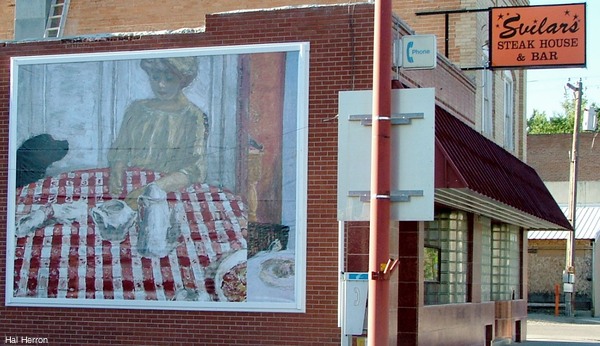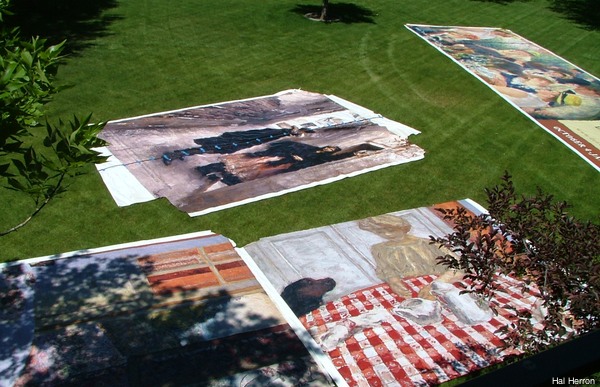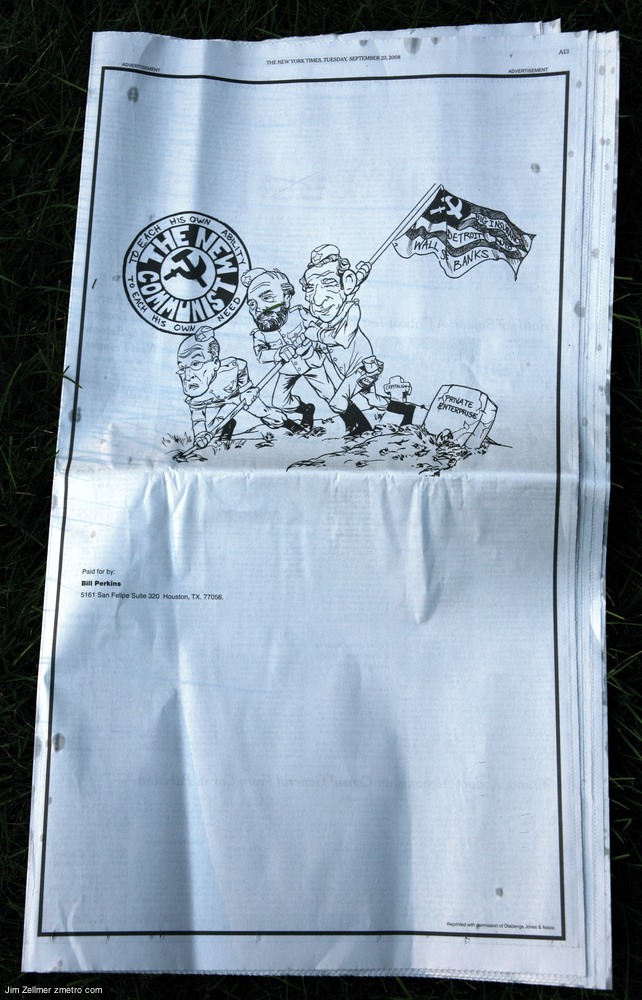Two interesting articles today reflect polar opposites in the manufacturing world, first up – Wisconsin’s Ariens: Timothy Aeppel:
Daniel Ariens’s biggest concern right now isn’t the financial crisis. It’s getting his hands on snowblower engines.
The chief executive of Ariens Co., a maker of mowers and snowblowers, got a curt email last month from the company that for decades supplied engines for his line of snow machines, telling him they’re halting production in 60 days — essentially cutting off motors at the peak of his season. A host of problems hobbled that supplier, including the loss of a huge customer and problems obtaining crucial parts, such as starters, from the engine maker’s own supply base.
“I’m quite sure we have other suppliers that won’t make it through this cycle,” says the 50-year-old Mr. Ariens.
This highlights a grim reality now dawning across the U.S. economy. Deep problems existed long before the meltdown on Wall Street and won’t be fixed by the government’s injection of taxpayer money into the nation’s banks. Even if the credit crunch eases, as now appears to be happening, companies such as Ariens are bracing for a painful recession and taking steps to survive it.
Car sales and industrial production have plunged, consumer confidence has wilted, and companies have accelerated layoffs. Manufacturing, particularly autos and machinery, is leading the way down. Exports can’t be expected to cushion the impact because the slowdown is global.
Dan Neil channels Karl Marx & Leon Trotsky while tooling around in the latest BMW 750Li near Chemnitz:
My driving partner and I were in the vicinity of Chemnitz, a somewhat dire little city in the former East Germany known for its alcoholism and an enormous monument to Karl Marx. Naturally, we had to see it.
“Bitte, kennen Sie, wo ist der grossen Kopf vom Karl Marx?” we asked passersby.
The former East Germans, standing in chilly drizzle, were delighted to help the capitalist running dogs in their gigantic limousine, a 2009 BMW 750Li. They pointed us down one of the main streets — Lumpenprolitariatstrasse, maybe? — and there it was: A huge, glowering stone bust of the German political philosopher, about the size of a FEMA trailer. Now there, there’s a redistributionist.
I have an Ariens snowblower.


